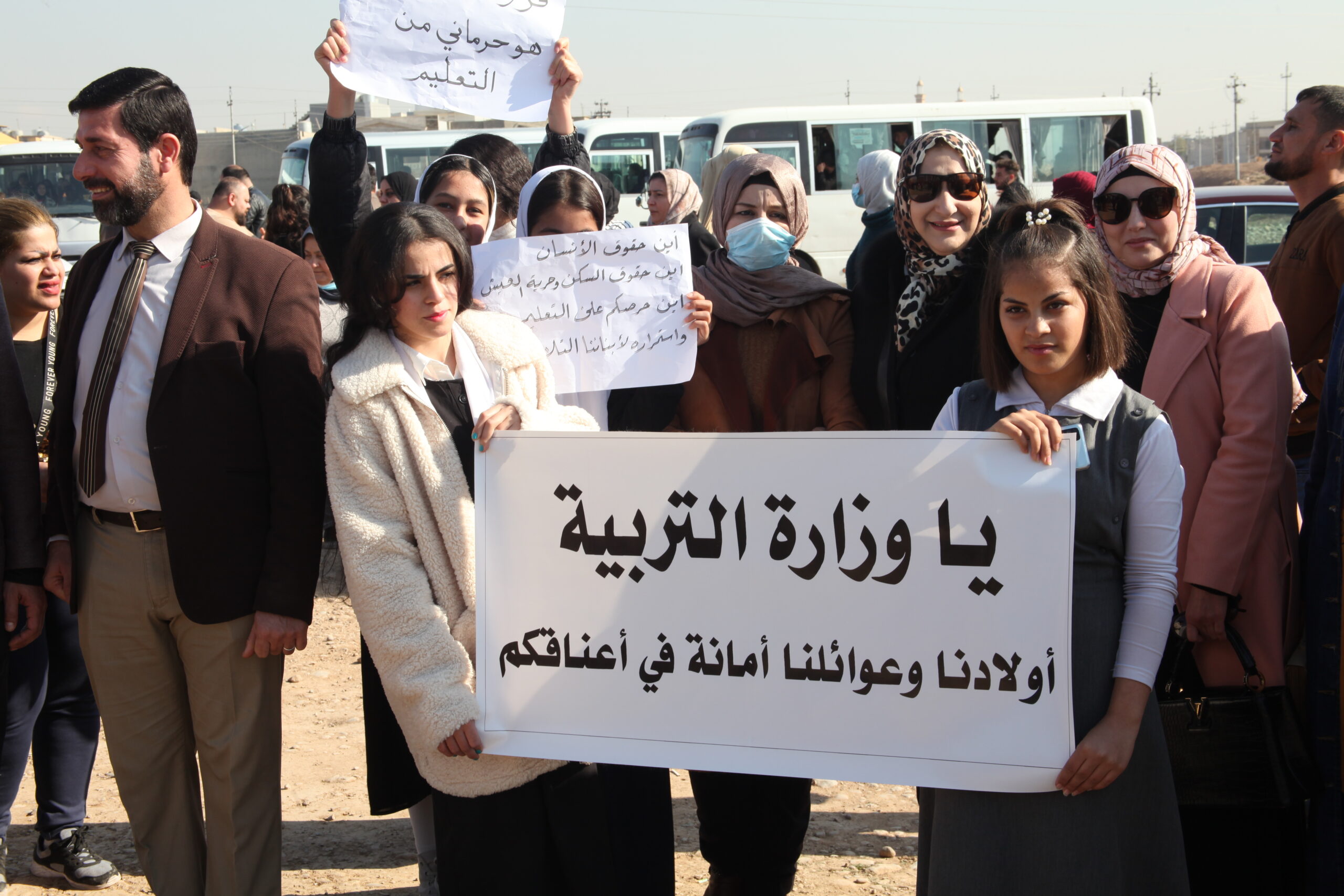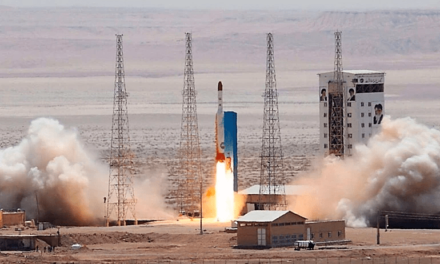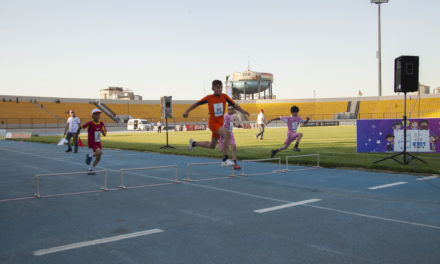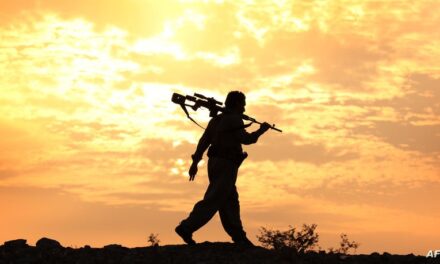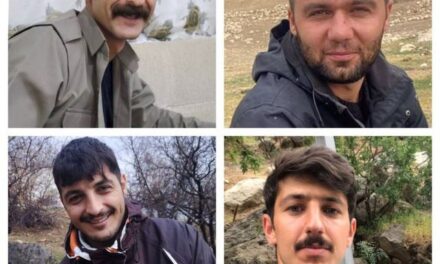On Tuesday, January 17, 2023, dozens of displaced Iraqis in the Kurdistan region of Iraq organized a protest stand in front of the representative office of the Iraqi Ministry of Education in Erbil Governorate, in protest against the Ministry of Education’s decision to adapt its representations in Kurdistan and reduce its teaching staff.
The Kurdistan region of Iraq hosts more than 160,000 displaced students studying in schools opened by the Iraqi Ministry of Education for the displaced in Kurdistan since 2014, while the number of displaced teaching staff is more than 4,000 teachers.
On January 8, 2023, the Ministry of Education announced the formation of a special committee to implement the process of adapting the educational situation and arranging the papers of its representations in the governorates of the Kurdistan region, provided that the committee submits its recommendations within 10 days of the date of its formation.
Muhammad Salim, a member of the organizing committee of the stand, said: “There are more than 150 beneficiary schools. We fear that some of these schools will be closed due to the reduction of educational staff, which will cause thousands of students to be deprived of education, which is a constitutional and legal right to free education for all Iraqis.”
Teachers and parents of students seek to stop the ministry’s decision, considering the time set by the ministry to implement its decision to be short and not compatible with the expected adaptation procedures.
Maysa Jabbar, a displaced teacher, said: “Issuing a decision and setting a period of 10 days for its implementation at a time coinciding with the mid-year exams, how did they limit us in this short time? I have two daughters, one of whom is in the sixth primary school and the other in the sixth secondary school. Where will I go with them after half the year?”
The Iraqi Ministry of Education opened 3 representations for it in the governorates of the Kurdistan region during the period of ISIS control over the governorates of Nineveh, Anbar, Salah al-Din, and parts of the governorates of Kirkuk and Diyala in 2014, which witnessed the displacement of its residents to the cities of Kurdistan.

